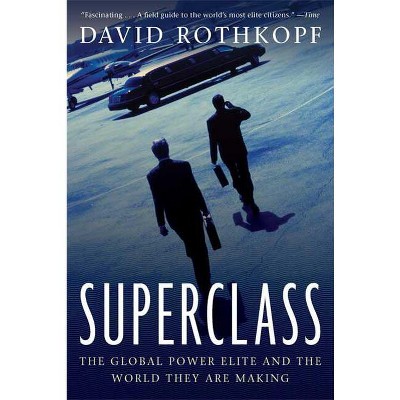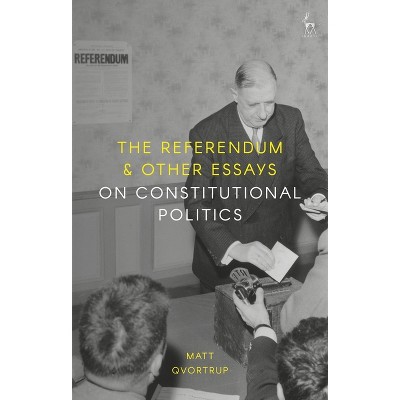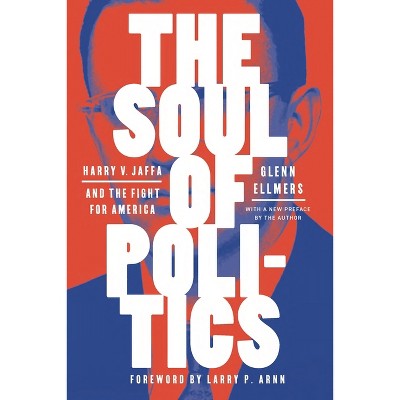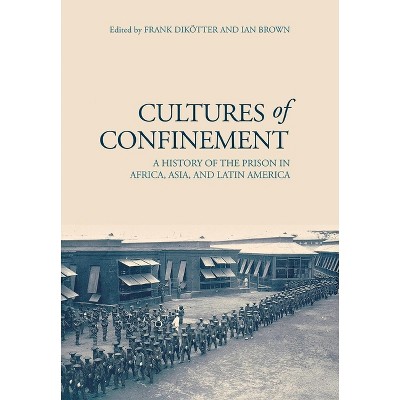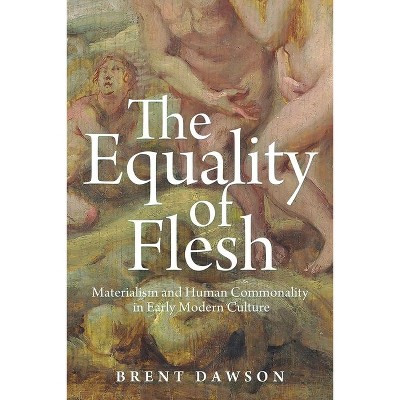Sponsored

Mirages of Reform - by Steve L Monroe (Hardcover)
In Stock
Sponsored
About this item
Highlights
- In Mirages of Reform, Steve L. Monroe argues that geopolitics and social connections between state and capital underpin the Arab world's uneven trade policies.
- About the Author: Steve L. Monroe is Assistant Professor of Political Science at the National University of Singapore.
- 252 Pages
- Political Science, World
Description
About the Book
"Through a mixed methods approach, this book offers a look into economic reform in the Arab world, shedding light on when and for whom trade policies matter as well as how more inclusive and integrated markets can be fostered in the region"--Book Synopsis
In Mirages of Reform, Steve L. Monroe argues that geopolitics and social connections between state and capital underpin the Arab world's uneven trade policies. Despite decades of international pressure, neoliberal trade policy reform in the Arab world has been varied, selective, and often ineffective. Neoliberal trade policies have not deepened international trade in many of the region's markets. This book explains why.
When the region's regimes have strong support from global powers and strong social connections to the industrial elite, they engage in extensive but deceptive trade policy reform. Behind an edifice of neoliberal trade policies, neopatrimonial forms of protectionism like tax evasion and noncompetitive procurement shield the socially connected from international competition and obstruct actual trade liberalization. Industrialists are less trustful of regime promises of neopatrimonial protectionism after reform when they have weak social connections to their regime and their regime has low support from global powers. They are more likely to defend existing protectionist policies under these conditions, resulting in less trade policy reform.
Drawing on interviews, firm- and industry-level data, and evidence from Jordan to Morocco, Mirages of Reform reveals how international and domestic factors interact to shape the Arab world's rugged trade policy terrain. Insightful and well researched, this book imparts important lessons and warnings about the repercussions of economic reform in the region.
Review Quotes
Mirages of Reform is an excellent example of the new wave of political economy research in developing countries - theoretically precise, empirically detailed, and innovative in its use of new quantitative methods and data. The book's lessons are valuable for Middle East and Mediterranean scholars but also for development economists and others who want to know why trade policy has had such mixed results at encouraging inclusive growth.
-- "Mediterranean Politics"For decades, international pressure for trade liberalization in the Arab world has done little to truly open up economies. Yet the reasons for this failure are poorly understood. Many countries resisted reform altogether. But even where governments did embrace reforms, cronyism and corruption ensured that protectionism endured. Monroe explains why, drawing on interviews with policymakers, archival work, and novel data on decades of putative policy changes in the Middle East.
-- "Foreign Affairs"About the Author
Steve L. Monroe is Assistant Professor of Political Science at the National University of Singapore. He is a scholar of development, with a primary focus on the Arab world. Monroe's scholarship examines two of the region's most pressing developmental challenges: limited economic integration, and gender inequality.
Shipping details
Return details
Trending Non-Fiction





